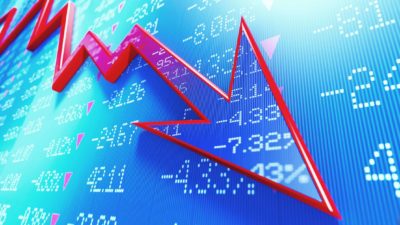This article was originally published on Fool.com. All figures quoted in US dollars unless otherwise stated.
If there's anyone qualified to define the best investment, it's Warren Buffett. He's the billionaire investor who runs Berkshire Hathaway (NYSE: BRK.A) (NYSE: BRK.B), the $600 billion holding company that owns Geico auto insurance, See's Candies, and many more.
In a 2017 interview, Buffett had this recommendation for investors: "I think it's the thing that makes the most sense practically all of the time. ... [to] consistently buy an S&P 500 low-cost index fund." Four years later, Buffett repeated his advice, saying, "I recommend the S&P 500 index fund and have for a long, long time to people."
Owning the S&P 500
An S&P 500 index fund owns all or most of the stocks in the benchmark S&P 500 index. The index, by its own definition, represents "leading companies in leading industries". These leading stocks must meet strict requirements for market capitalization, liquidity, and profitability.
You can buy all stocks in the index individually, but it's far easier to own an S&P 500 index fund, as Buffett recommends. There are many S&P 500 index funds available, and from known fund families like Vanguard, Charles Schwab, Fidelity, State Street's SPDRs, and BlackRock's iShares.
The low-cost index fund
Sticking with Buffett's advice, your best option is a low-cost fund -- or a fund with a low expense ratio. The expense ratio is the percentage of your investment that covers the fund's operating costs.
Vanguard S&P 500 ETF (NYSEMKT: VOO), for example, has an expense ratio of 0.03%. This means you pay $3 annually for every $10,000 you have invested. To be clear, you don't pay this amount directly -- there's no line item on your statement. Those costs are embedded in the fund's returns.
A few bucks a year may not seem like much, but fund expenses cut into your bottom line over time.
Say you want to invest $10,000 annually in an index fund for 20 years. Choose the Vanguard fund that charges 0.03% for expenses, and the projected future value of your investment is $405,506. That assumes a market-average growth rate of 7% per year after inflation.
Alternatively, you could invest the same amount in the Rydex S&P 500 Fund, which has a much higher expense ratio of 2.31%. Your projected balance after 20 years is $320,030 -- some $85,000 less. Shocking, right?
The importance of consistency
In addition to the "low-cost" tip, there's another critical element of Buffett's advice to follow: Invest consistently. He means that literally. Invest what you can each month without fail, regardless of what's happening in the market.
Consistent investing is easier and can be more profitable than timing your trades. It's easier because you make fewer decisions, and you don't have to worry about what the market will do tomorrow or next week. And it helps your gain potential by producing (on average) a lower cost basis, compared to trading only when the market's strong.
Simple investing, the Buffett way
A recurring investment in a low-fee S&P 500 index fund is a simple solution to the complex problem of wealth-building. It almost seems too easy. But history shows that consistent investing in leading US stocks produces returns averaging about 7% annually, after inflation.
At that rate of return, you'll double your money about every 10 years. That sounds pretty promising, right?
This article was originally published on Fool.com. All figures quoted in US dollars unless otherwise stated.









